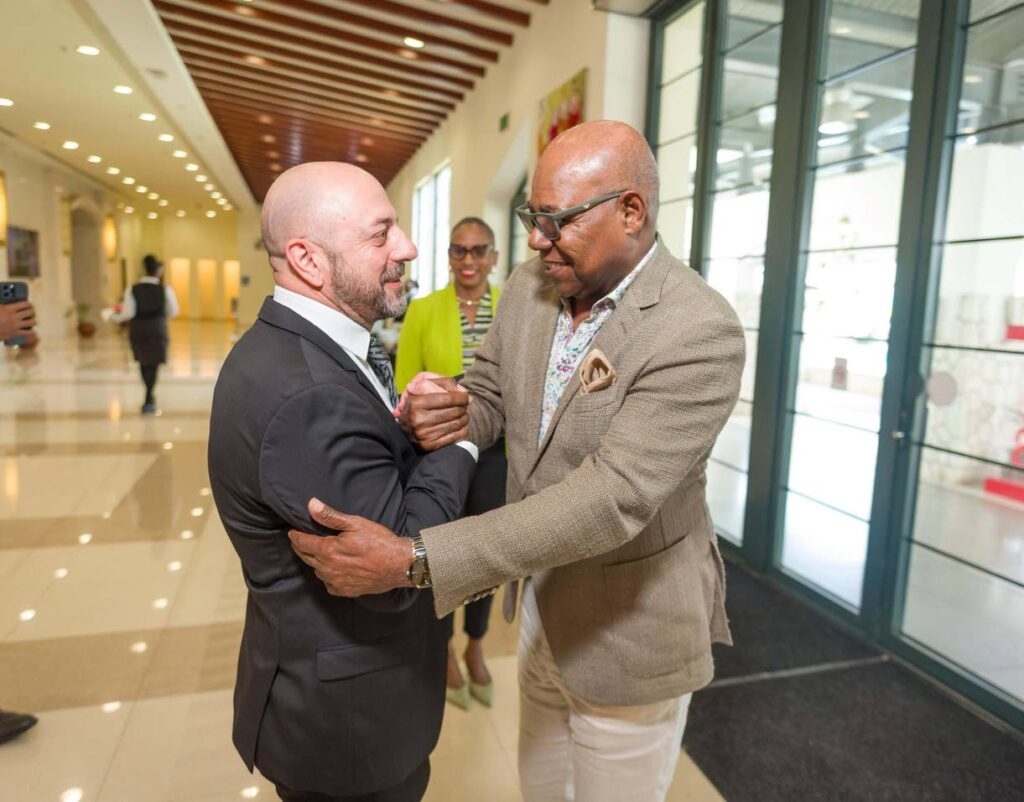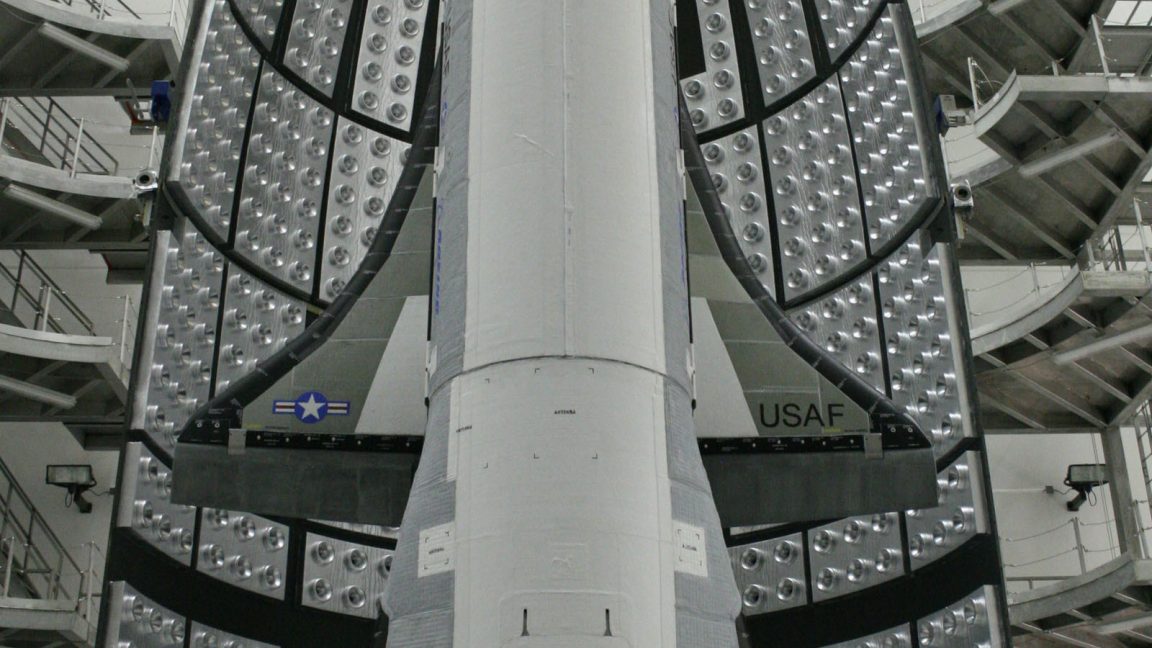Westbury's Story: How Putting People First is Key to Real Smart City Success in NZ

The buzz around 'smart cities' is everywhere, often dominated by talk of sensors, data, and cutting-edge tech. But what if the real secret to a successful smart city isn't the technology itself, but the people who live there? The story of Westbury, a suburb of Johannesburg, South Africa, offers a powerful lesson – one that New Zealand communities can learn from as we navigate our own urban development.
Westbury faced significant challenges: high unemployment, crime, and a feeling of disconnect within the community. Rather than imposing top-down technological solutions, a grassroots initiative focused on understanding and addressing the residents' needs. This involved extensive consultations, workshops, and a genuine commitment to co-creation.
The resulting project, known as the Westbury Smart City Initiative, isn’t about flashy gadgets. It’s about practical, community-led solutions. Think free Wi-Fi hotspots in public spaces (crucial for access to online services and job opportunities), improved street lighting to combat crime, and a community radio station providing local news and a platform for residents' voices. These aren’t just ‘smart’ features; they’re tools that directly improve people's lives and foster a stronger sense of belonging.
Why is this approach so important? Because technology, no matter how advanced, can't solve social problems if it's not aligned with the community's desires and priorities. Imposing technology without understanding the lived experiences of residents can lead to solutions that are irrelevant, inaccessible, or even detrimental.
The Westbury experience highlights several key takeaways for New Zealand:
- Prioritise Community Engagement: Genuine consultation and co-design are essential. Smart city initiatives shouldn't be driven by tech companies or government agencies alone, but by the people who will be most affected.
- Focus on Practical Solutions: Start with the basics – addressing fundamental needs like safety, access to information, and connectivity.
- Empower Local Ownership: Give communities control over the technology they use and the data it generates. This fosters trust and ensures that solutions remain relevant and responsive to changing needs.
- Technology as an Enabler, Not a Driver: Technology should be a tool to facilitate community goals, not the other way around.
As New Zealand cities continue to evolve, let's remember the lessons from Westbury. Building truly smart cities means putting people at the heart of the process – understanding their struggles, empowering their voices, and using technology to support their aspirations. It’s about creating places where everyone feels connected, safe, and empowered to thrive.
The Westbury story isn't just a case study from South Africa; it's a blueprint for building more inclusive, equitable, and genuinely smart cities here in New Zealand.






